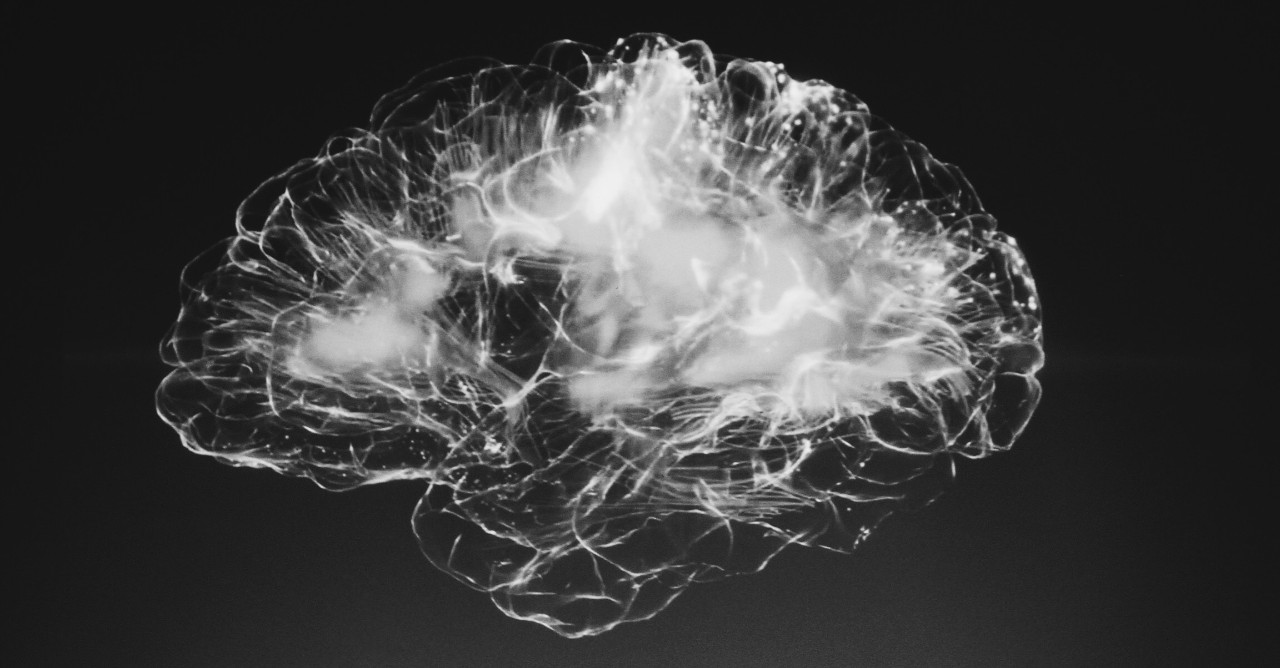
GEN News: Drug promotes nervous system repair in animal models of stroke
Genetic Engineering & Biotechnology News recently featured research from the University of Cincinnati's Agnes (Yu) Luo, PhD.
Luo and her colleagues recently published a preclinical study in the journal Cell Reports showing a new drug may help repair damage caused by strokes. The drug was shown to be effective at repairing the nervous system in animal models of stroke.
“We are very excited about the data showing significant improvement in motor function, sensory function, spatial learning, and memory, even when treatment was initiated as late as seven days after stroke onset,” said Luo, associate professor in the Department of Molecular Genetics and Biochemistry in UC’s College of Medicine and the study’s senior author.
There are currently no FDA approved drugs to repair damage caused by a stroke, and Luo said the drug would be a “substantial breakthrough” if the early results translate into clinical settings.
Read more about Luo's research.
Featured photo at top courtesy of Unsplash.
Related Stories
What is a Trump Account and what is its impact for college savings?
February 18, 2026
Jack Miner, vice provost for enrollment management at the University of Cincinnati, joined WVXU's Cincinnati Edition to discuss a new college savings plan that was approved with passage of the One, Big, Beautiful Bill.
CCM Philharmonia presents concert + livestream on Feb. 20
February 18, 2026
Audiences can enjoy CCM Philharmonia's next concert in person or watch at home via livesteam at 7:30 p.m. on Friday, Feb. 20. Featuring alumni guest artists Rebecca Barnes, viola; and Jonathan Lee, cello; tickets for the "Midlife Crisis" concert are on sale now through the CCM Box Office. The livesteam is free to watch on CCM's website and YouTube channel.
Jes Cornelius appointed UC Foundation Vice President of Information and Enterprise Risk
February 17, 2026
The University of Cincinnati Foundation is pleased to announce that Jes Cornelius is its new Vice President of Information and Enterprise Risk. Cornelius has a comprehensive background leading enterprise wide technology transformation, strengthening digital strategy and driving operational excellence across complex, large scale organizations.
